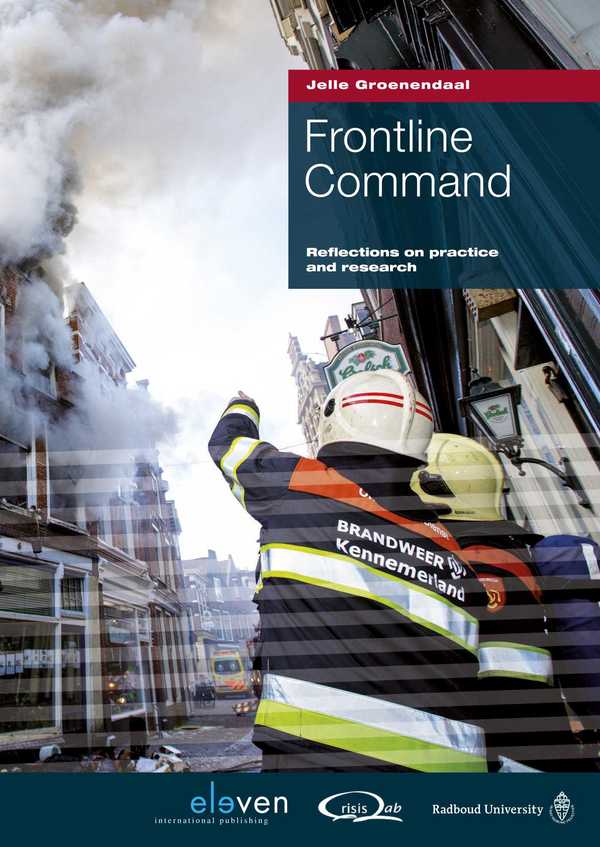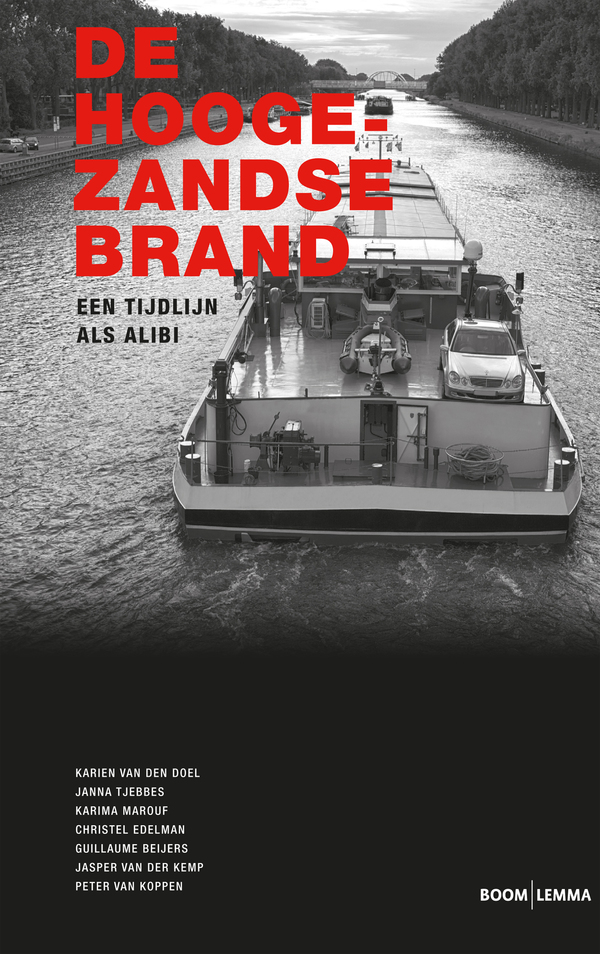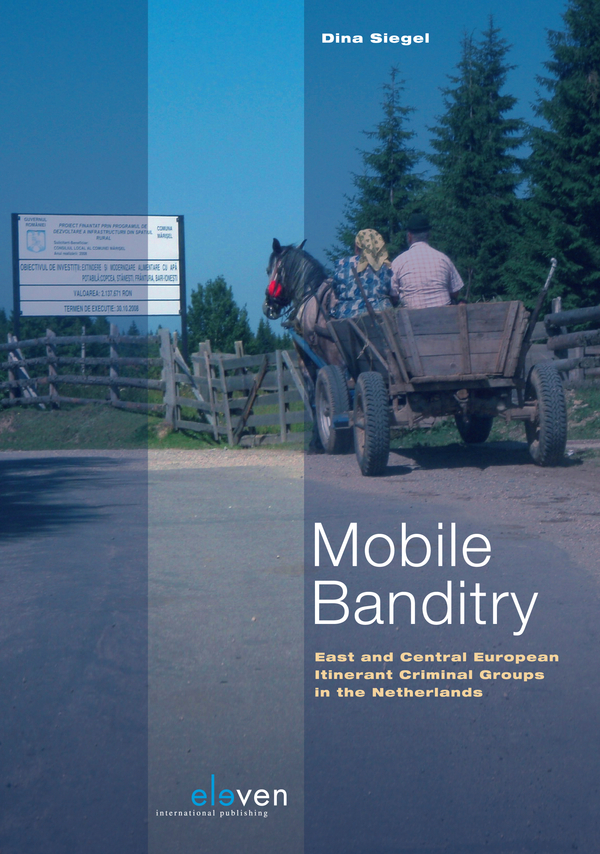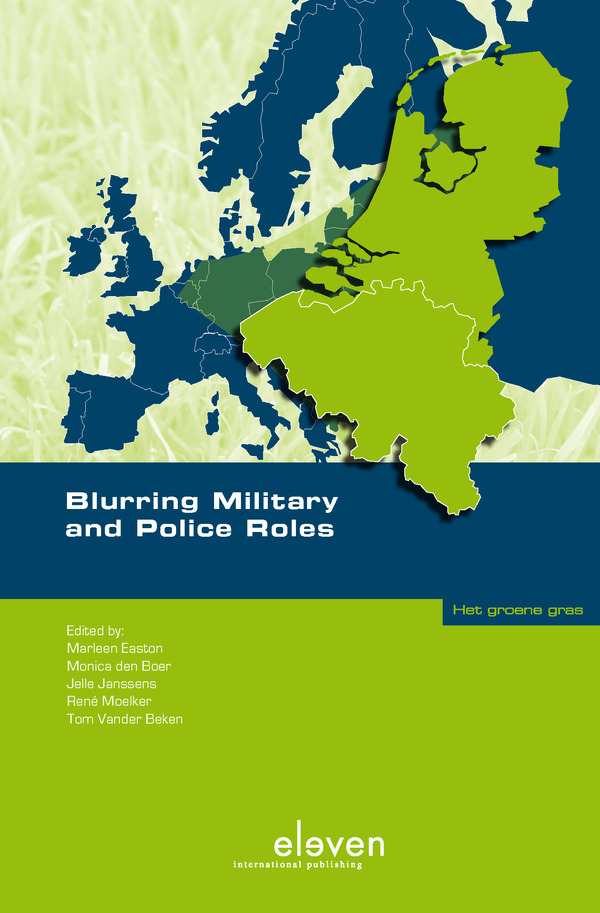
Search in catalogue Criminologie en veiligheid
Frontline Command
Reflections on Practice and Research

|
|
| Author: | J. Groenendaal |
| 978‐94‐6236‐584‐1 | 1st edition | € 72.50 / $ 56.70 / £ 44.52 |
| 978‐94‐6274‐345‐8 | ebook | € 72.50 / $ 56.68 / £ 44.50 |
Some frontline organizations presume that frontline command (defined as the direct supervision of frontline workers by frontline commanders) is required for frontline work to be effective. However, little scholarly effort has been devoted to investigate frontline command.
This thesis therefore investigates the effectiveness of frontline command in the police organization responsible for major criminal investigation and the response organization of the fire service. Several research methods are used to get a better understanding of the degree to which frontline command can be studied.
Contrary to the expectations of frontline organizations and many frontline commanders, the findings suggest that in current practice frontline commanders contribute to the effectiveness of frontline work only to a limited extent. However, in theory there is still a need for frontline command.This thesis suggests that frontline command can be appropriately studied and therefore calls for more empirical research to uncover the effects of frontline command and the degree to which it can be improved in practice. Implications for practice are provided.
Target group
Academics and policy makers in the areas of police, fire departments, security, and risk and crisis management.




